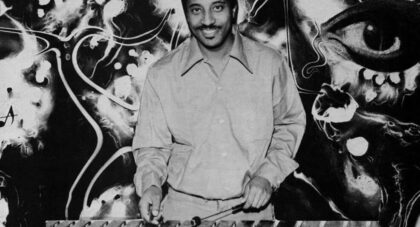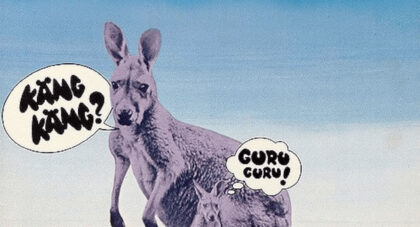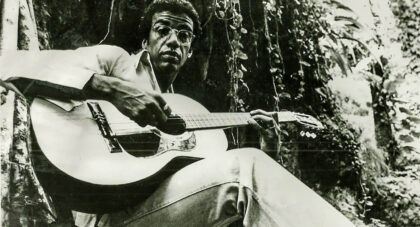Late in 2019, when the world was just starting to hear rumors of a new flu in China, Kurt Wagner of Lambchop had an idea. He was short on material and wanted to bring the band together. Why not make a covers LP?
As November wore on, the song titles drifted in—a couple of Motown tunes, a George Jones classic, an A-side from an obscure garage band, an unreleased tune from James McNew (Yo La Tengo/Dump) and finally, the Wilco song “Reservations . . .
Only the good shit. Aquarium Drunkard is powered by its patrons. Keep the servers humming and help us continue doing it by pledging your support.
To continue reading, become a member or log in.


